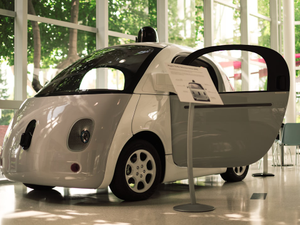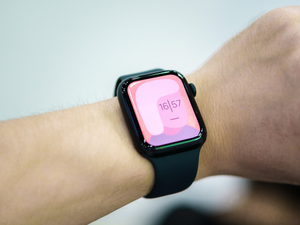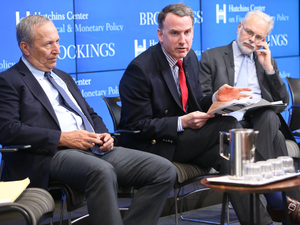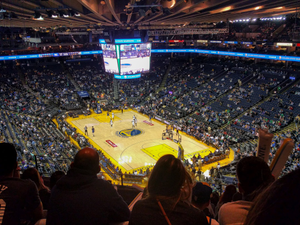OpenAI's Bold Move: A Browser That Might Actually Change How We Surf the Web
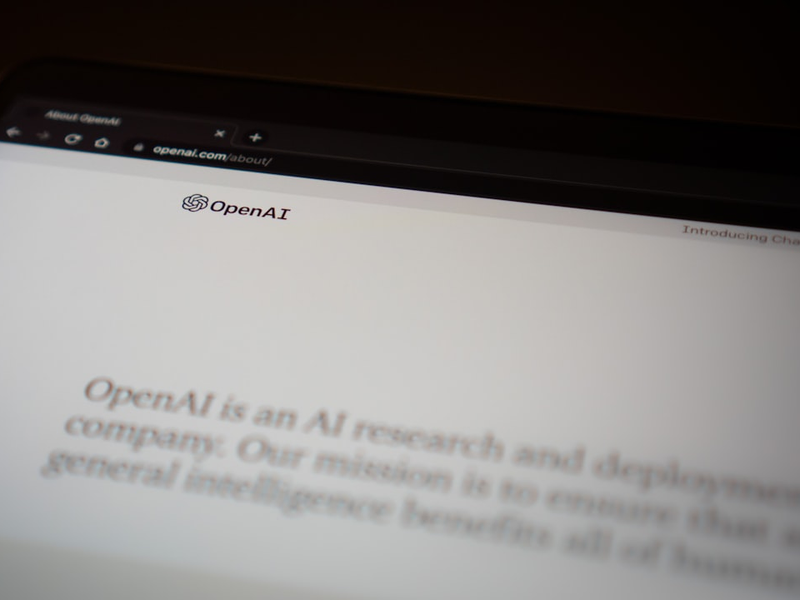
Photo by Jonathan Kemper on Unsplash
Get ready for a potential game-changer in internet browsing. OpenAI, the San Francisco-based tech powerhouse behind ChatGPT, is stepping into uncharted territory with its new web browser called Atlas.
Launching first on Apple laptops and later expanding to Windows, iOS, and Android, Atlas isn’t just another browser – it’s a reimagining of how we interact with the internet. CEO Sam Altman boldly claims this is a “rare, once-a-decade opportunity to rethink what a browser can be”.
The standout feature? An “agent mode” that transforms browsing from a manual task to an AI-powered experience. Imagine an intelligent assistant that not only searches the web but actually navigates it on your behalf, learning from your browsing history and explaining its process in real-time.
This move comes at a critical time for OpenAI, a startup with over 800 million users but significant financial challenges. By creating a browser, the company aims to capture internet traffic and potentially generate revenue through digital advertising.
Atlas enters a competitive landscape dominated by Google Chrome, which boasts around 3 billion global users. However, OpenAI is betting on innovation over market share. Altman suggests that the traditional URL bar will eventually be replaced by a chatbot interface, signaling a fundamental shift in how we consume online information.
The browser’s launch follows recent legal discussions about tech monopolies, with a federal judge noting that AI advances are already reshaping the competitive digital landscape. Competitors like Perplexity have also made similar moves, indicating a broader trend of AI companies expanding beyond their original domains.
For tech enthusiasts and everyday users alike, Atlas represents more than just a new browser – it’s a glimpse into a potentially more intuitive, intelligent way of experiencing the internet. Whether it will successfully challenge Chrome remains to be seen, but OpenAI is certainly making its intentions clear: the future of browsing is intelligent, conversational, and proactive.
AUTHOR: cgp
SOURCE: NBC Bay Area




